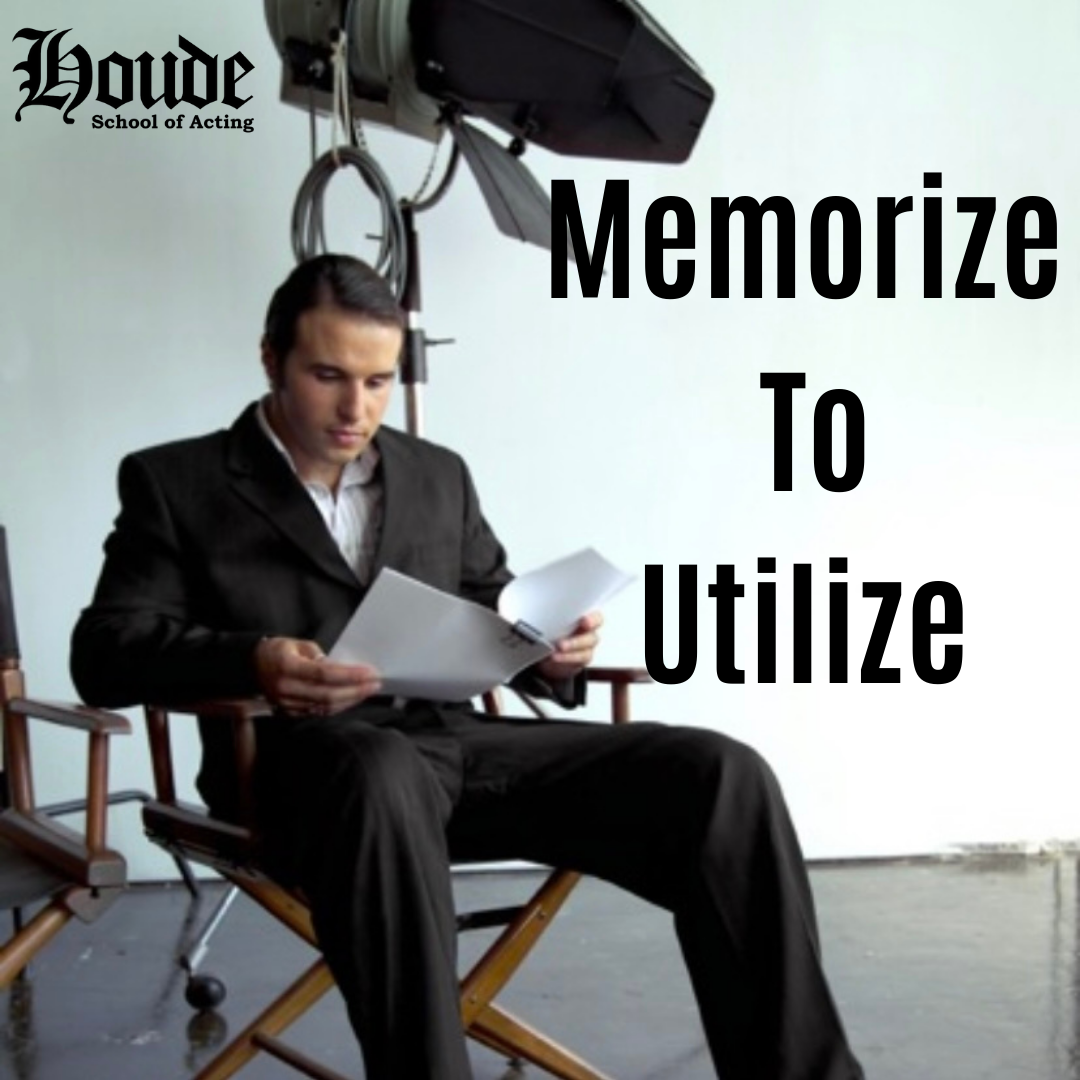Memorize to Utilize
Memorize to Utilize
When it comes to memorizing dialogue, many of us are coming into the process with an approach that inhibits us from remaining truly present and responsive to our partners.
When we first pick up a script, many jump straight into rote memorization, the process of looking at something repetitively over time. Although this approach may have been practical for us in school preparing for tests, this may be detrimental to allowing us to fully encompass a character as it stunts our ability to be creative in the moment. We instead would be focusing on hearing the correct line for the appropriate response. Unfortunately, by the time we have listened to the line, we have missed the opportunity to react to our partner-- a moment which could have been an excellent, organic cue for us to respond to.
Let's challenge ourselves to consider the text a puzzle which requires time and critical thinking while also considering our character only half of the equation. Let's take the time to look at how our character fits into the entire imaginary circumstance and discover why they operate in the way they do. The text will sequentially order itself and link each moment seamlessly together. Since each moment logically links to the previous triggering moment, we won't be hindered by having to "think" about what the 'answer' is. Instead, it will begin to instinctually reveal itself to us, the same way it does in our everyday lives. If something seems to 'come out of the blue' in the text, we need to take the initiative to discover 'Why?'.
Do not attempt to do this type of work while distracted. This type of work must be immersive so we may connect not only with how the piece connects but also with ourselves and the character. If we are not fully committed to understanding our character's thought process, we may never find ourselves fully within their situation.
Once we understand the scene and what our character is doing, the next step is to allow that to sit within our bodies. It's strongly recommended that we do something physical to hone the specific wordings dictated by the script as we memorize. Some suggestions are average everyday tasks such as cooking, cleaning, or going for a walk. By physicalizing the dialogue, we are testing that we can focus outside ourselves and still have the words under our belts. This helps encourage us to trust that the words will still be there even in a pressurized situation.
In short: do the homework in a way that isn't a chore. This is, in fact, the most creative part of this process, so take advantage of this knowledge and let's use our imagination. If we make the memorization process about solving puzzles, we can find our characters within ourselves in a transformative and engaging way.
Trust that the work will reveal itself if the time has been given to it.
By: Diana Frankhauser

